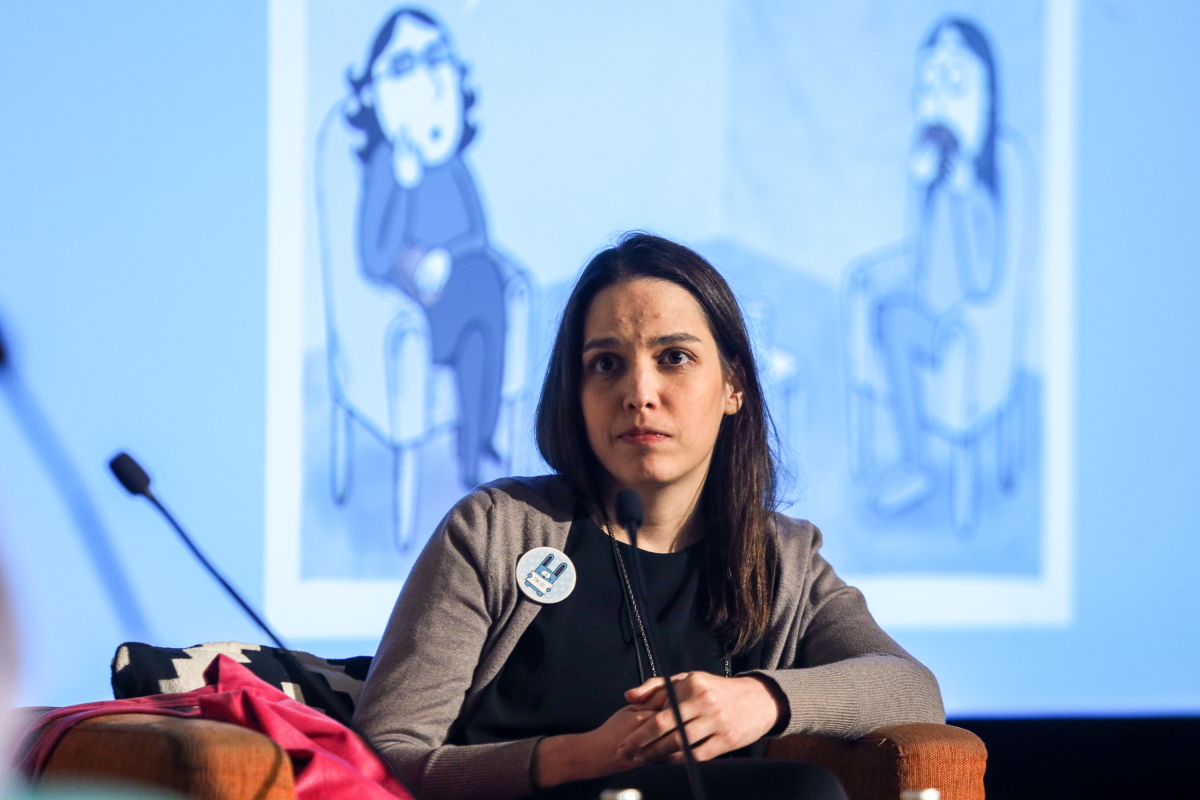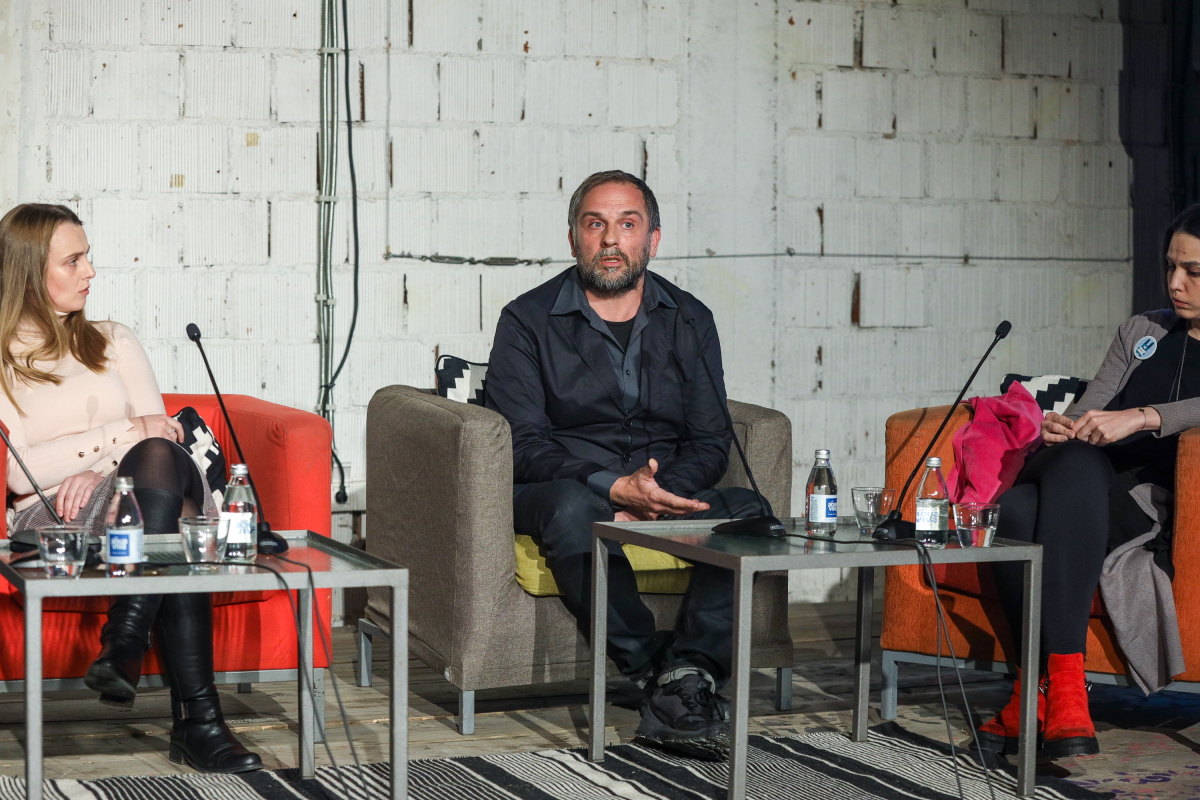Young people's mental health in Serbia is threatened.
Adolescents should be encouraged to seek professional help.
The pandemic's impact on young people's mental health will surely be visible in a few years. Those who have a problem must seek professional aid as soon as possible, was said at the 'A Cup of Coffee with a Psychologist' panel, jointly organised by Hemofarm Foundation, Faculty of the Philosophy University of Belgrade, and Art Commune Dorcol Platz.
The participants of the panel talked about the mental health of young people, who are often believed to be ‘resilient’ to psychological problems. However, the results of numerous surveys around the world, including Serbia, show that mental health of young people is under serious threat.
Teodora Vuletić, a researcher at the Department of Psychology at the Faculty of Philosophy, said that over the last 30 years, the mental health of young people has not been very good because of the country constantly being in crisis. As she pointed out, when you look at the data from the 1980s, there were 15 percent of young people who were considered psychiatric cases, and nowadays there are 48 percent, which is a drastic increase.

‘The pandemic has significantly set back the needs of young people and revealed some latent, hidden problems. The inability to socialize with peers led to intensified feelings of loneliness, depressiveness and irritability’ says Vuletić, adding that the effects of the pandemic will only be seen later when the children who had been in quarantine become adolescents. She also states that every third young person says that psycho-social support must be destigmatised in order for them to seek help, and that young people profess that one of the reasons they do not seek help is to avoid hurting their parents and people close to them, because asking for help would mean they are weak.
‘It's important for parents to monitor what their children are doing on social media as well, because it's a way for young people to socialize and develop their skills. Also, parents should ask their children if they have problems and encourage them to seek help.’ Vuletić added.
Ana Petrović, illustrator and author of the book ‘Comic Book Therapy’ (Stripoterapija) stated that she sought professional help when she had problems and that she depicted some scenes and dialogues from therapy on her Instagram profile and in her book.

‘I tried to add a dose of humour to the bitter themes in the comic book. What prompted me to publish it was a conversation with a psychotherapist and the comments of people who recognized themselves in those drawings, so the comics were not only about me, but also about problems that are general,’ she said and recommended young people not to avoid psychotherapy when they recognize they need it.
Speaking about the influence of social networks, the creative director of the New Moments New Ideas agency, Veljko Golubović, said that social networks have led to the fact that only the measure of quantity is applied, that it is no longer important what is ‘liked’, but how much, and that TikTok, the most popular social network among young people, is named ‘the cocaine of social networks’, because it is very fast and unpredictable. He pointed out the importance of not looking down on the young audience, but creating campaigns that can encourage them and make a positive change, same as the campaigns such as ‘Unbreakable’ for fighting depression and stigma, ‘The Most Important Call in Life’ for increasing the number of donors in Serbia, ‘Save Food, Save Humanity’ for reducing poverty, or ‘Battle for Babies’ for reducing mortality of premature babies, and others did.

The panel discussion
‘A Cup of Coffee with a Psychologist’ is a part of
‘Unbreakable’ campaign aimed at raising public awareness of preserving mental health and creating social movement for fighting against and stigma surrounding those who suffer from it. Help and support to citizens are available via
SOS line 0800 001 002 and e-mails
podrska@nesalomivi.rs and
pokret@nesalomivi.rs. Calls are free of charge and anonymous, and professionals from four Special hospitals for psychiatric diseases in Vršac, Kovin, Novi Kneževac and Gornja Toponica offer help 24/7. So far, more than 10,000 people were provided help and support via SOS line, while more than one million people joined the ‘Unbreakable’ movement.